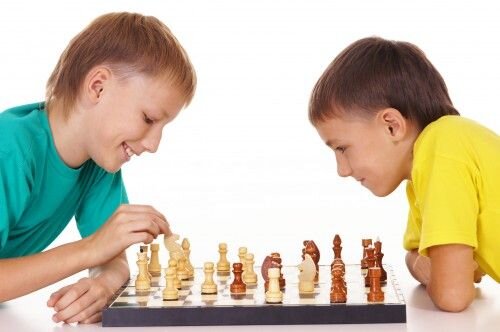He was super-excited over that vacation trip you had planned for the Summer 2020 – until the virus ruthlessly gulped it down! And not just the family trip, but almost half of the year, his school, the cricket coaching, and the birthday hangout with buddies!
Your 12 year old is not happy. In fact, he is livid. Annoyed. And vents his emotions through incessant video games. As a parent, you are concerned.
Engaging your 10 to 13 year olds in the time of the Covid-19 lock-out can be like walking on egg-shells. The age is a high development phase and a relatively silent one too! You wouldn’t know what you crushed under your foot, or whether you even did! Sustaining them on a healthy course of in-door activities may seem exhaustive. And parents are already eager to get back to a normal routine with schools reopened and coaching classes back on full swing.
As the fourth phase of lock-out keeps us partially indoors for some more time, here’s a parental guideline on leveraging this time-together to nurture the cognitive abilities of your child and culture the right attitudes and healthy mindsets.
The Evolution of the Tweens
Handling pre-teens can be tricky. They have grown up from those chubby kids to more mature micro-adults who now observe more; who understand, assess and judge. There’s new independence and assertiveness.
They can help you around in the house and take care of themselves (well, if you let them). They are happy with their new-found independence and you are happy with their evolving maturity.
The flipside is when their new-found freedom spills over the boundaries and your parental rapture on the ‘independent child’ is sabotaged by their (mostly) well-mannered reclusiveness. Most of the regular pre-teens may not explode like their turbulent teenage counterparts. But they may withdraw. Even when it hurts, when in doubt, while feeling rebellious or rejected. They may not communicate effectively. And if you try to pull them closer they may try to shrug it off and free themselves away.
That’s when you need to learn to be at the centre of their lives and yet, remain ‘invisible’. Like the good angel who catches the falling chick and puts it back in the nest safely, you need to gently slide them into the right track of ‘growing up’, without looming over them 24/7.
That’s where brain gyms fill in.


